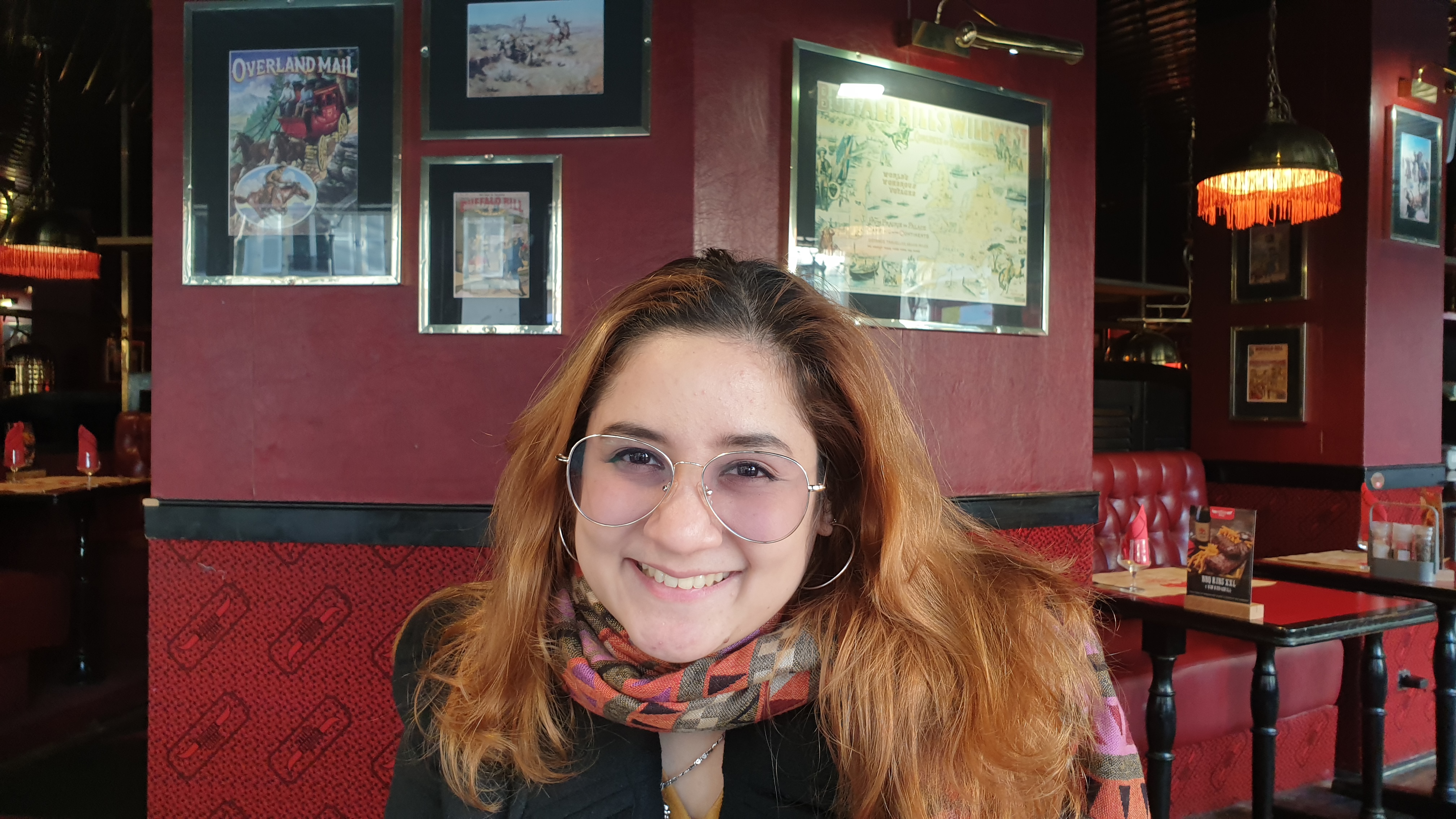ADHD - Does your little one have it?
- Jihan El Sokkary

- Aug 20, 2020
- 3 min read

You might have notice your kid being inattentive, hyperactive and/or impulsive most of the time, does this mean that your kid has ADHD?
Many parents first observe hyperactivity when the child is a toddler, but symptoms are difficult to distinguish from a normative behavior before 4 years old. ADHD is most often identified during elementary school years, and inattention becomes more prominent and impairing, as compared to adolescence and adulthood,wherein motor hyperactivity become less obvious but difficulties with restlessness, inattention, poor planning, and impulsivity persist.
Population surveys suggest that ADHD occurs in most cultures in about 5% of children and about 2.5% of adults.
What is ADHD?
According to DSM - V criteria, ADHD is a persistent pattern of inattention and/or hyperactivity-impulsivity that interferes with functioning or development, which are characterized by inattention and/or hyperactivity and impulsivity.
Inattention manifests behaviorally in ADHD as wandering off task, lacking persistence, having difficulty sustaining focus, and being disorganized and is not due to defiance or lack of comprehension.
Hyperactivity refers to excessive motor activity (such as a child running about) when it is not appropriate, or excessive fidgeting, tapping, or talkativeness. In adults, hyperactivity may manifest as extreme restlessness or wearing others out with their activity.
Impulsivity refers to hasty actions that occur in the moment without forethought and that have high potential for harm to the individual (e.g., darting into the street without looking). Impulsivity may reflect Types
There are three different types of ADHD, depending on which types of symptoms are strongest in the individual:
Predominantly Inattentive Presentation: It is hard for the individual to organize or finish a task, to pay attention to details, or to follow instructions or conversations. The person is easily distracted or forgets details of daily routines.
Predominantly Hyperactive-Impulsive Presentation: The person fidgets and talks a lot. It is hard to sit still for long (e.g., for a meal or while doing homework). Smaller children may run, jump or climb constantly. The individual feels restless and has trouble with impulsivity. Someone who is impulsive may interrupt others a lot, grab things from people, or speak at inappropriate times. It is hard for the person to wait their turn or listen to directions. A person with impulsiveness may have more accidents and injuries than others.
Combined Presentation: Symptoms of the above two types are equally present in the person.
How can I know if my child has ADHD?
Diagnosing if a child has ADHD is a process with several steps. There is no single test to diagnose ADHD. However, healthcare providers use the guidelines in the American Psychiatric Association’s Diagnostic and Statistical Manual, Fifth edition (DSM-5), to help diagnose ADHD. This diagnostic standard helps ensure that people are appropriately diagnosed and treated for ADHD.
If you are concerned whether your child might have ADHD, the first step is to talk with a healthcare provider to find out if the symptoms fit the diagnosis. The diagnosis can be made by a mental health professional, like a clinical psychologist or psychiatrist, or by a primary care provider, like a pediatrician.
Treatment

For children with ADHD younger than 6 years of age, the American Academy of Pediatrics (AAP) recommends parent training in behavior management as the first line of treatment, before medication is tried. For children 6 years of age and older, the recommendations include medication and behavior therapy together — parent training in behavior management for children up to age 12 and other types of behavior therapy and training for adolescents.
The goals of behavior therapy are to encourage positive behaviors and discourage unwanted or problem behaviors. Good treatment plans will include monitoring improvement closely and adjusting the therapy as needed along the way.
Considering Behavioral Therapy? Message us to learn more about your treatment options.
Show your appreciation by liking our FB page: MOVEPHYSIO , MOVEPEDIA
Contact us at: +639056257071/ (02) 518-1612 / moveptph@gmail.com
REFERENCE: ADHD - FACT SHEET Behavior Therapy for Children with ADHD Behavior therapy is an important first step for children under 6 with ADHD
DSM - 5







